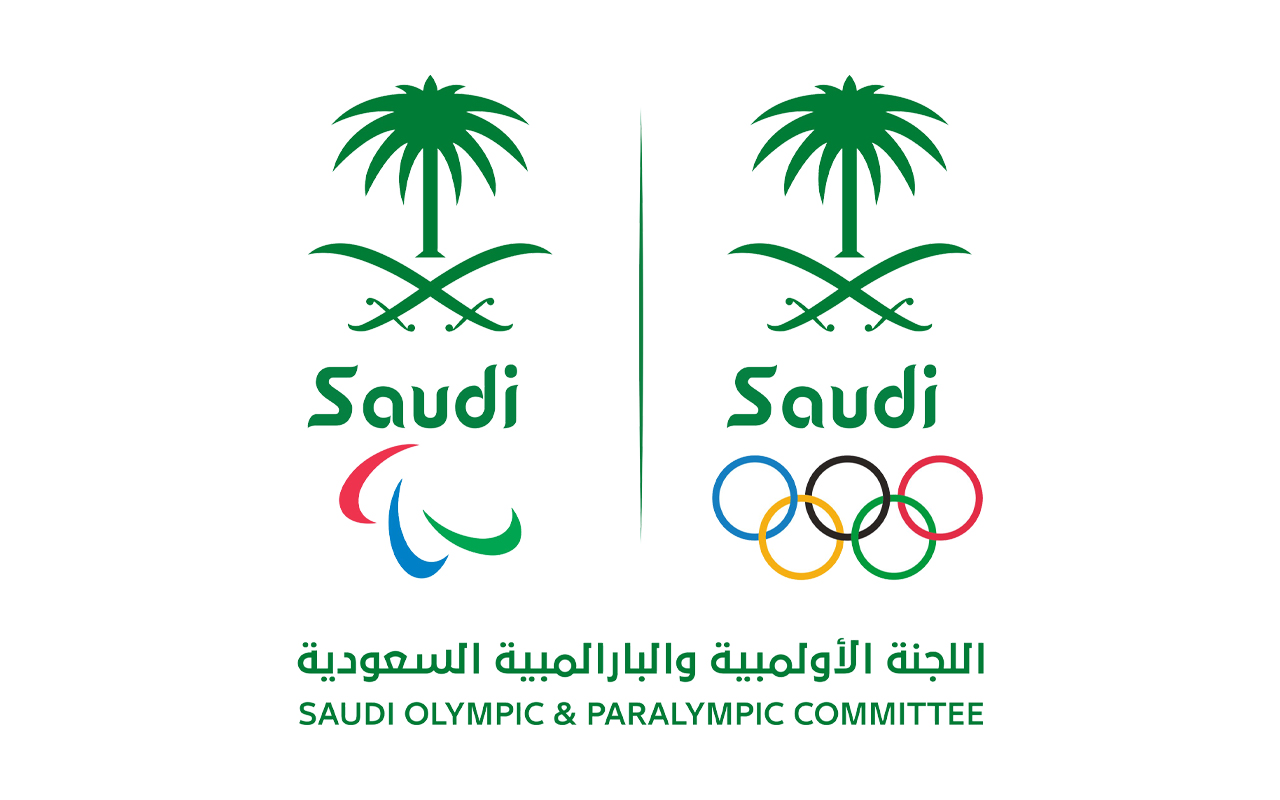Saudi Olympic and Paralympic Committee
The Saudi Olympic and Paralympic Committee (SOPC) is a Saudi sports authority with an independent legal personality. It represents the Kingdom of Saudi Arabia in Olympic organizations at the continental and Olympic levels. It oversees ninety-seven sports federations, associations, and committees.
SOPC history
The Saudi Arabian Olympic Committee was established in 1964. It became a member of the International Olympic Committee in 1965 after five of its national federations joined international federations. These five federations are the Saudi Arabian Cycling Federation, the Saudi Arabian Athletic Federation, the Saudi Arabian Basketball Federation, the Saudi Arabian Football Federation, and the Saudi Arabian Volleyball Federation. Since 1972, it has participated in twelve Olympic tournaments. In 1991, the Saudi Paralympic Committee was founded through the establishment of the Saudi Handicap Sport Federation led by Prince Faisal Bin Fahd Bin Abdulaziz. In 2013, the Saudi Paralympic Committee was officially announced.
The Olympic Committee and the Paralympic Committee were merged in 2021 by a resolution of the Minister of Sport and Chairman of the Saudi Olympic and Paralympic Committee, Prince Abdulaziz Bin Turki al-Faisal, to form one committee known as the Saudi Olympic and Paralympic Committee.
SOPC presidents since its establishment
Several individuals have held the position of president within SOPC over the course of its history. They are: Dr. Saleh Bin Nasser, Abdulrahman Abaalkhail, Prince Abdullah al-Faisal, Prince Faisal Bin Fahd, Prince Sultan Bin Fahd, Prince Nawaf Bin Faisal Bin Fahd, Prince Abdullah Bin Mosaad, Mohammad Bin Abdulmalek Al al-Shaikh, Turki Al al-Sheikh, and Prince Abdulaziz Bin Turki al-Faisal.
SOPC objectives
SOPC supports Saudi sports federations by facilitating administrative and technical procedures, identifying and honing national sports talents, and caring for the sports of people with disabilities.
SOPC also cultivates relationships with the International Olympic Committee, the International Paralympic Committee, and continental federations. It engages in national team preparations while collaborating with relevant entities to enhance the sports ecosystem. Furthermore, it creates programs aimed at disseminating Olympic values and participating in global sports ceremonies. SOPC also promotes a strong local sportsmanship within the context of sports activities, and contributes to the development of sports programs for local and international competitions.
Strategies to support national federations in the Kingdom
On November 17, 2021, the Sports Federations Support Strategy, announced by the Minister of Sport, was launched. This strategy supports and organizes the work of federations, such as increasing the number of players and their participation in global competitions, in addition to developing and promoting the game within the community. The strategy aims to develop the sports sector in general, organize the work of sports federations, and establish an infrastructure supporting sports federations. Moreover, the strategy seeks to increase the contribution of sports to the gross domestic product (GDP) by 0.8 percent, which will lead to a 40 percent increase in sports practice by 2030. This goal was recently achieved with the community sports practice reaching 48 percent.
Sports federations receive support according to a number of criteria: developing the game, increasing the number of players, competing in regional and international tournaments alongside the resulting achievements and titles received, promoting sports tourism, popularizing the game in the Kingdom, promoting the culture and heritage of the Kingdom, contributing to the national economy, and creating a range of diverse investment opportunities.
Funding is divided into two parts:
The first: is core funding, which is the support provided to cover the basic activities of the federations, including operational costs, camps, and salaries.
The second: is motivational funding, which includes packages of additional financing to reward federations for their development and achievements based on three requirements: operational capabilities, technical capabilities, and standard of national and international achievements.
The strategy offers a number of incentives to federations once their players win medals, as follows:
- Olympic and Paralympic Games: SAR1 million for the gold medal, SAR500,000 for the silver medal, SAR250,000 for the bronze medal, and SAR100,000 for being qualified.
- World championships: SAR500,000 for the gold medal, SAR250,000 for the silver medal, and SAR125,000 for the bronze medal.
- The Youth Olympic Games: SAR200,000 for the gold medal, SAR100,000 for the silver medal, SAR50,000 for the bronze medal, and SAR25,000 for being qualified.
- The Asian Games, Asian Indoor and Martial Arts Games, and Asian Beach Games: SAR240,000 for the gold medal, SAR120,000 for the silver medal, and SAR60,000 for the bronze medal.
- The Asian Youth Games: SAR50,000 for the gold medal, SAR40,000 for the silver medal, and SAR30,000 for the bronze medal.
- The Islamic Solidarity Games: SAR180,000 for the gold medal, SAR90,000 for the silver medal, and SAR45,000 for the bronze medal.
- Federations also receive SAR50,000 for breaking national records, and SAR300,000 if the goal of increasing community sports participation was achieved.
